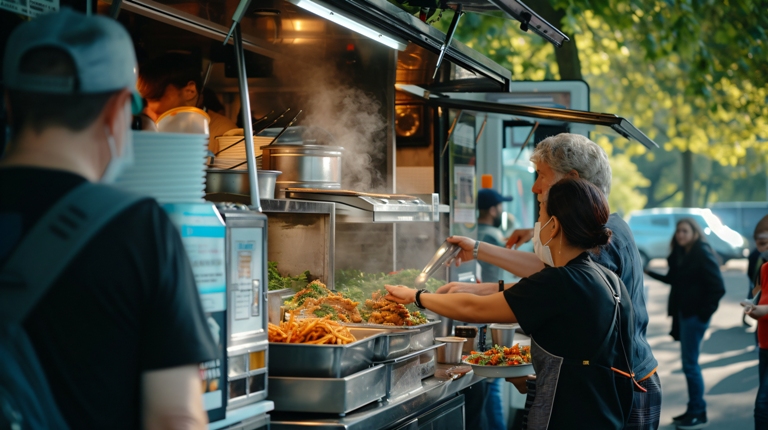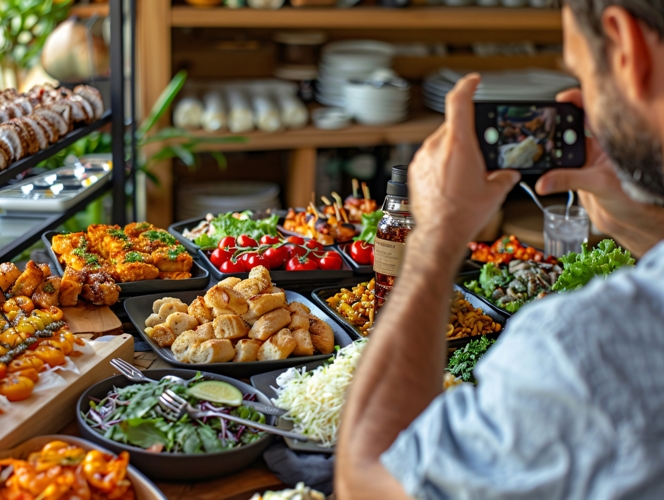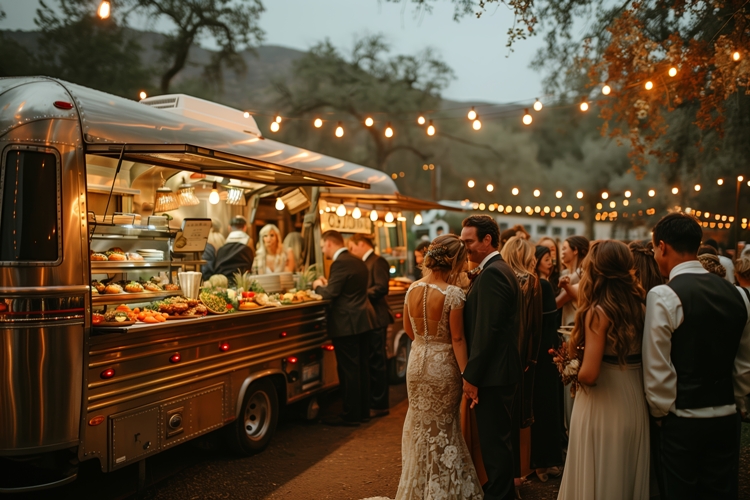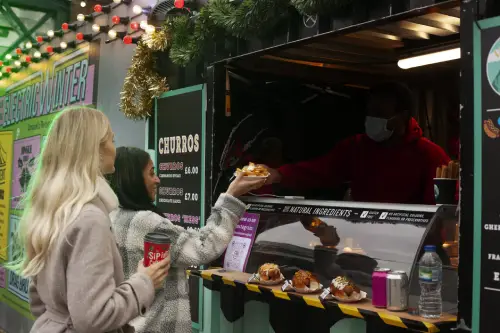
Running a food truck in Los Angeles isn’t just about serving delicious meals; it’s a full-time hustle that combines a passion for good food with street-smart business skills. From early morning preparations to late-night cleanups, food truck catering in Los Angeles requires dedication, flexibility, and resilience. Here’s what it really takes to get started and keep rolling.
Before thinking about the food, there’s a checklist of legal, financial, and logistical steps to tackle. LA has strict regulations, and navigating them is essential to avoid costly setbacks.
Business license and seller’s permit: Register the business with the city and state to legally operate and collect sales tax.
Health Department approval: The food truck must meet sanitation standards and pass regular inspections.
Mobile food facility permit: Issued by the LA County Department of Public Health, this is a crucial element to operate.
Parking and commissary agreements: Get a licensed commercial kitchen for food storage and prep, plus legal parking spots.
Insurance coverage: Protect the business with liability, vehicle, and workers’ comp insurance.
Once the truck hits the streets, the grind begins. Food truck catering in Los Angeles is a dynamic business, and staying consistent is key to survival.
Menu planning and inventory management: Track ingredients, manage suppliers, and avoid waste while keeping quality high.
Scheduling and logistics: Choosing the right locations and events can make or break your day. Plan routes, secure permits, and arrive early.
Customer service and engagement: Friendly service builds repeat customers. Train staff to be fast, polite, and knowledgeable.
Cleaning and maintenance: Health inspections are frequent, and cleanliness is non-negotiable. Daily sanitizing and equipment checks are essential.
Marketing and outreach: Whether it’s posting on social media or handing out flyers, promoting your truck is a daily task.
Running a food truck means wearing many hats: chef, marketer, manager, and mechanic. It’s a lifestyle, not just a job.
Even the most passionate food truck owners hit roadblocks. From mechanical issues to slow sales days, resilience is key.
Truck breakdowns: Keep a trusted mechanic on speed dial and budget for repairs. Preventive maintenance saves money in the long run.
Permit renewals and inspections: Stay organized with reminders and digital copies of all paperwork. Missing a renewal can put you out of business.
Weather disruptions: Rainy days can reduce foot traffic. Indoor catering options or delivery services must be kept as a backup.
Staffing issues: Train a reliable team for flexibility. High turnover is common, so invest in good people.
Burnout: Take breaks, delegate tasks, and remember why you started. The grind is real, but so is the reward.
Facing challenges head-on and learning from them is part of the journey. Every setback is a chance to improve.
Food truck catering in Los Angeles isn’t just a side hustle; it can be a thriving business with the right mindset. The key is to treat it like a full-scale operation, not just a mobile kitchen.
Track your finances: Use accounting software to monitor profits, expenses, and taxes. Know your numbers to make smart decisions.
Invest in branding: A great logo, truck design, and website build trust and recognition. Consistency across platforms matters.
Expand your services: Offer private catering, pop-up dinners, or even a second truck. Growth comes from diversification.
Listen to your customers: Their feedback can shape your service style and future growth. Engage with reviews and comments.
Stay inspired: Attend food truck festivals, network with other owners, and keep learning. Innovation keeps you relevant.
Success isn’t just about surviving, it’s about evolving. The most successful trucks are those that adapt, innovate, and stay connected to their community.
Running a food truck in Los Angeles is a rewarding but demanding journey. It’s not just about cooking; it’s about planning, marketing, and working hard every day to serve up something special. If you are ready to dive into the world of food truck catering in Los Angeles, know that the road ahead is tough, but the payoff can be delicious.

September 24, 2025

September 20, 2025

September 18, 2025
